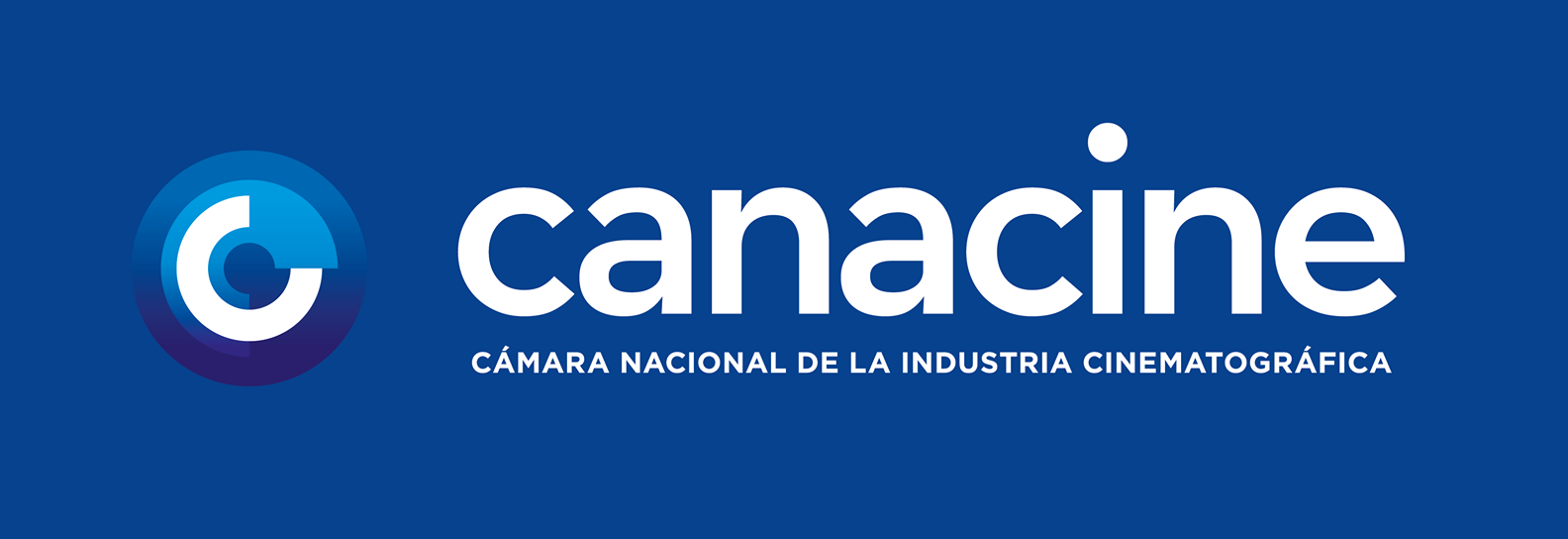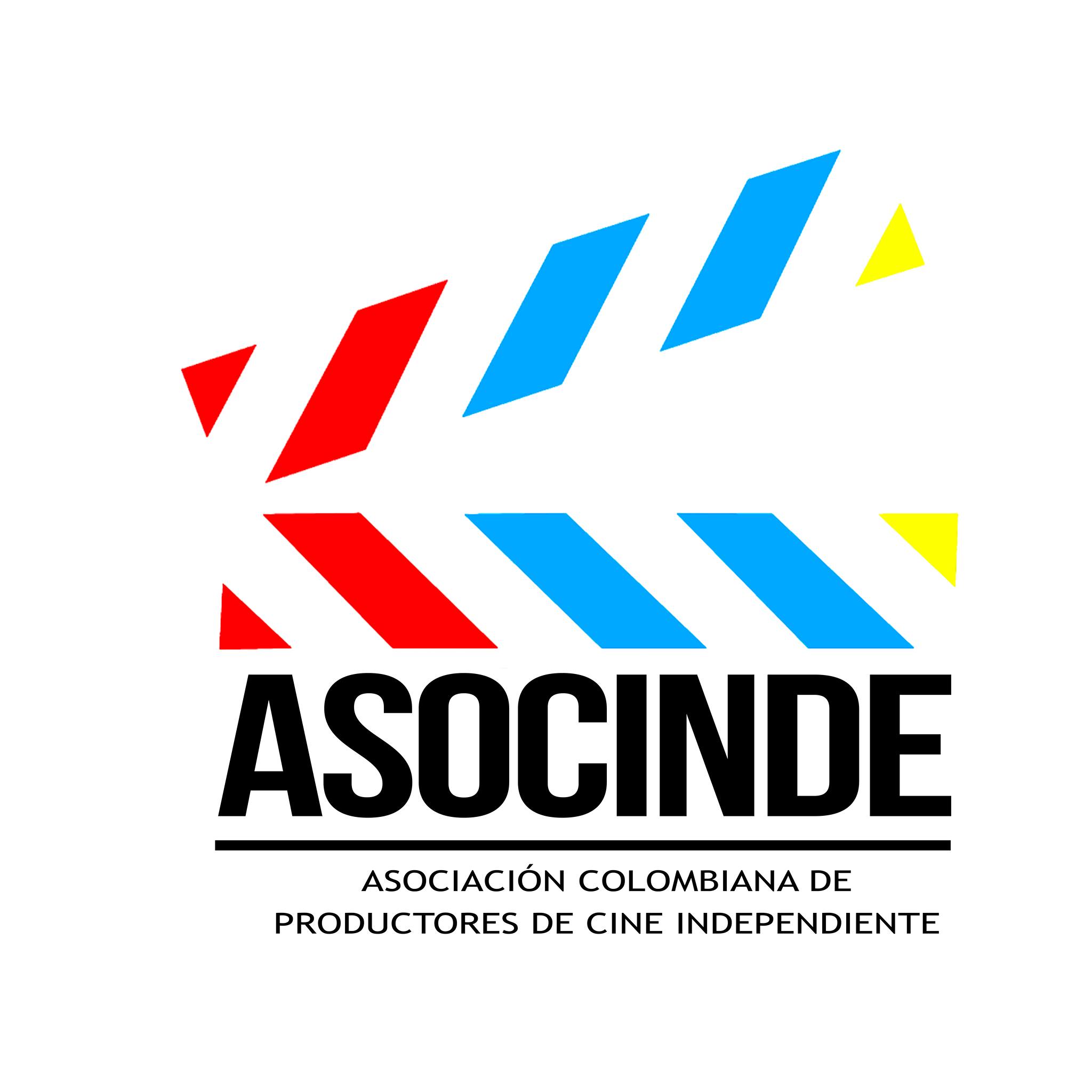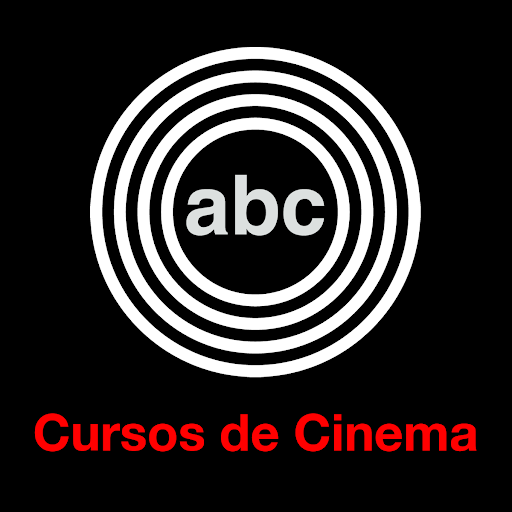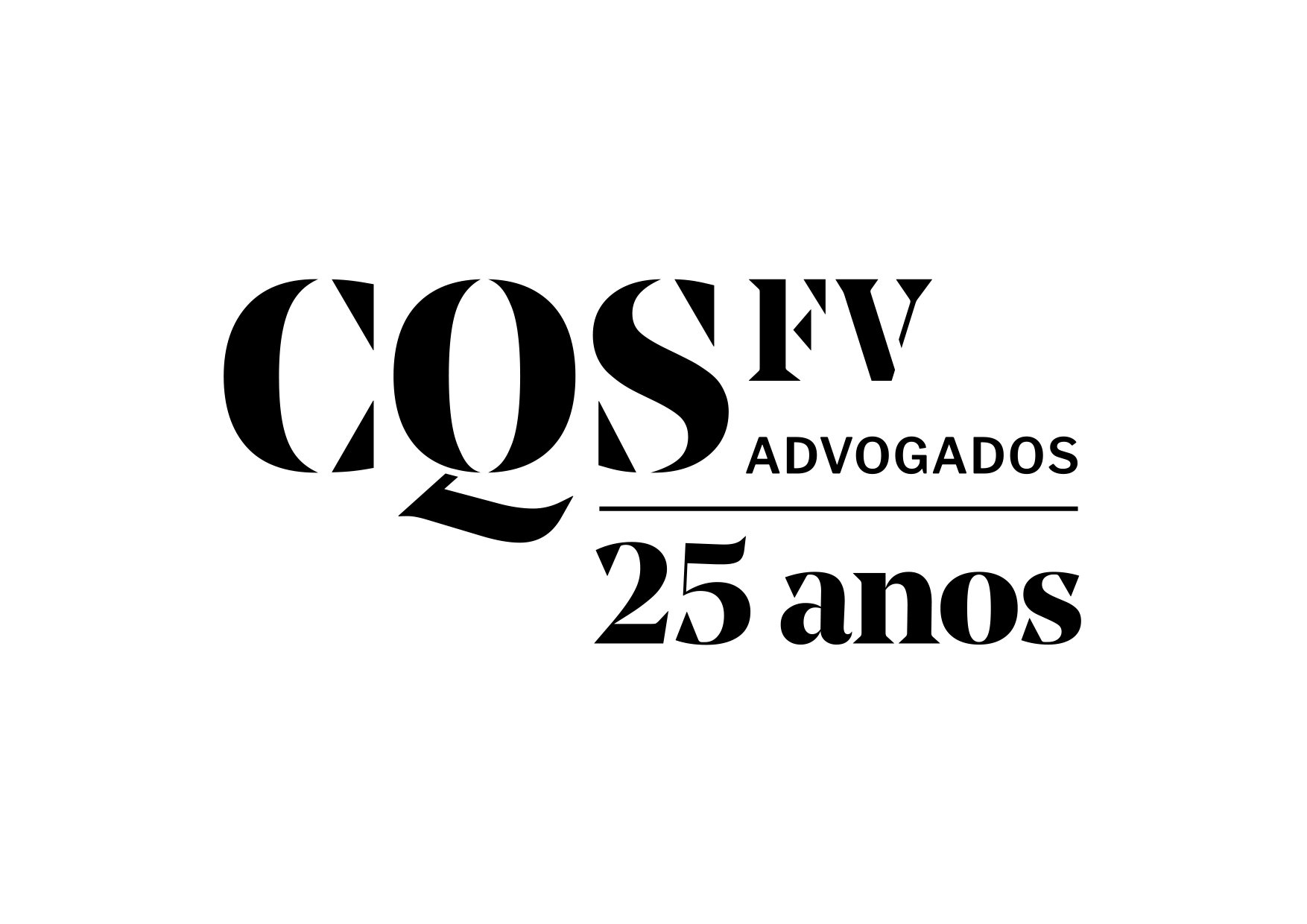Designed for young people from communities and municipalities across the State of Rio de Janeiro, the course is part of a program that has become one of the most important initiatives for training and social transformation through audiovisual media. Created by the Audiovisual Committee of the Cultural Business Council of the Rio de Janeiro Chamber of Commerce (ACRJ) and carried out by the Latin American Training Center – LATC, the course received strategic support from the State Government’s Secretariat of Culture and Creative Economy (SECEC) and the CINE+ Network, reaffirming the commitment to expanding opportunities for emerging talent.
Under the guidance of professor Pedro Dannemann, the young participants took part in a six-week immersion spanning all stages of filmmaking — from script development to production, shooting, editing and finalization.
Today’s event moved the audience with the screening of six short films produced by the students, followed by the closing ceremony and the presentation of completion certificates, recognizing the effort, creativity and dedication of each participant.
In 2025, the “Fazendo Meu Primeiro Filme” (“Making My First Film”) project held eight editions, benefiting more than 130 young people from 40 communities and municipalities across the State of Rio de Janeiro. The program resulted in the production of 45 short films created using cellphones as the primary tool, fostering audience development and providing technical training for youth in underserved communities. In addition to teaching production techniques, the course promotes social inclusion and gives voice to the participants’ stories and experiences. The 8th edition reaffirms the power of audiovisual media as an instrument of inclusion, citizenship and the creation of new futures.
The project receives support from a range of sponsors and institutional, strategic and private partners, including: Cinemark, L.C. Barreto Produções Cinematográficas, Seguradora ALM, Motion Picture Association – Brazil, Michael Murphy (former Vice President at Universal and Paramount), ABC Cursos de Cinema, Atrevida Filmes, VIVA Productions, Paula Tupinambá Advocacia, RioFilme, Audiovisual Industry Union – SICAV, Deserto Filmes, Interstate Union of Workers in the Film and Audiovisual Industry – STIC, the Special Secretariat for Youth of Rio de Janeiro (JUVRio), the American Chamber of Commerce – AmCham Rio, and Conspiração Filmes, among others.
About ACRJ:
Founded in 1809, the Rio de Janeiro Commercial Association is one of the oldest civil representative entities in Brazil. It works to defend business interests and promote economic development in the state. Its historic headquarters are located at Rua Candelária, 9 – Downtown Rio.
https://acrj.org.br
About LATC:
Based in Rio de Janeiro and founded in 2008 by Steve Solot, the Latin American Training Center (LATC) is a training and consulting center dedicated to the audiovisual industry. The institution offers programs, publications, contests, workshops, and technical and creative seminars aimed at professional development and strengthening the sector.
https://latamtrainingcenter.com
About CINE+:
CINE+ is an innovative program that brings film screenings, training activities, performing arts, music and other cultural expressions to cities throughout Brazil’s interior. The CINE+ Network is currently present in six municipalities in the State of Rio de Janeiro, prioritizing Brazilian films and international productions primarily focused on Human Rights and Education. In addition to screenings, the program promotes technical and artistic training for young people.
cinemais.art.br
About SECEC:
The Secretariat of Culture and Creative Economy of the State Government of Rio de Janeiro aims to strengthen cultural and creative activities throughout the state, expanding their contribution to economic and social development. Its vision is to be a reference institution for the sector, government, private initiatives and society, consolidating cultural policy as a strategic priority.
About CEPT Leonel Brizola:
Located in Maricá, the Leonel Brizola Transformative Public Education Campus (CEPT) is the largest full-time school in Brazil, with capacity for five thousand primary school students. Covering over 24,000 m², it includes 81 classrooms and 22 others equipped with interactive screens. It currently serves 2,200 students from the Anísio Teixeira Municipal School, covering Elementary School I and II.
https://www.marica.rj.gov.br/noticia/cept-leonel-brizola-inicia-aulas-com-2-200-alunos-do-anisio-teixeira/












